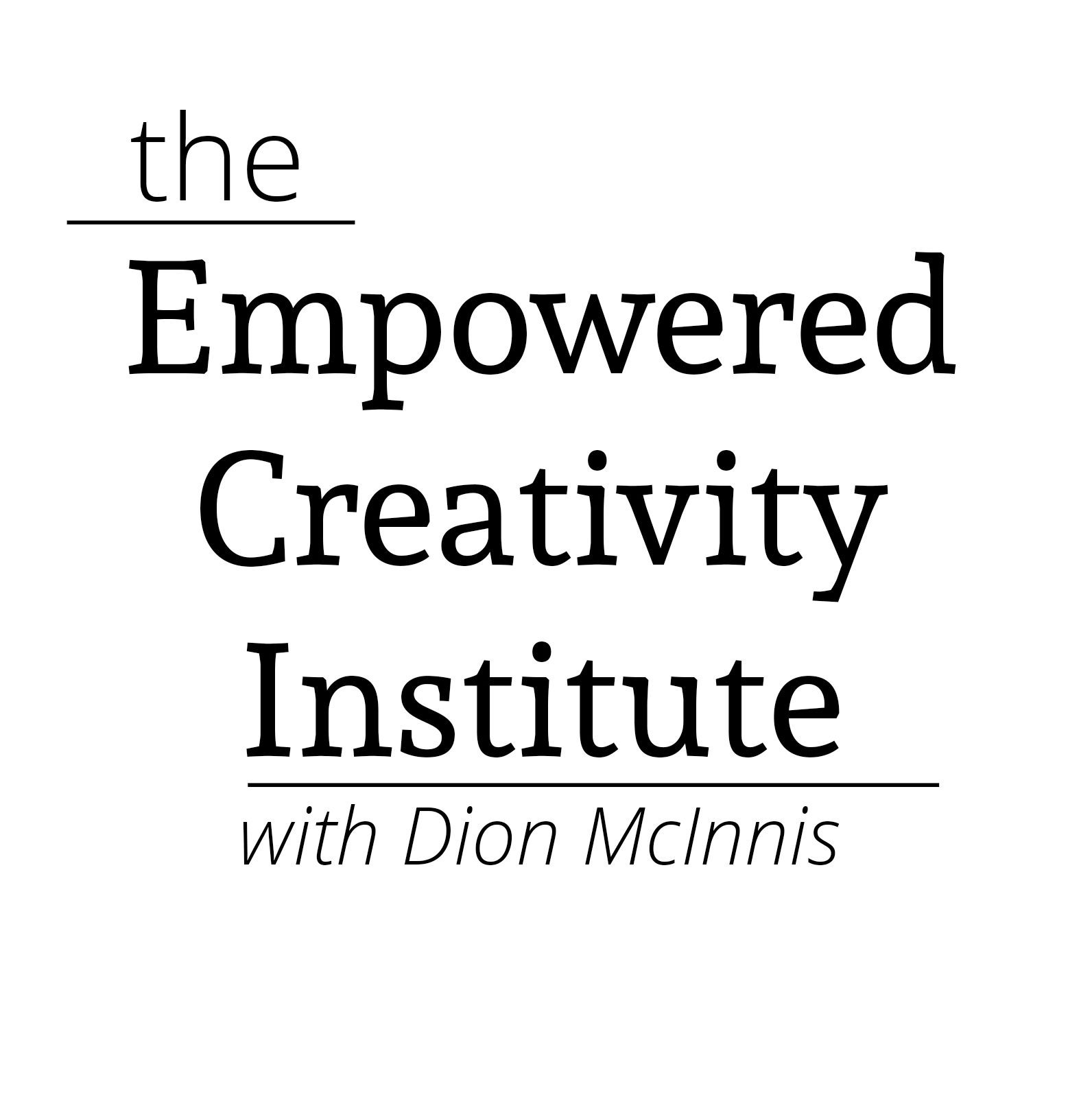“The movements are not normal,” the dance instructor told the participants in the country and western two-step dance class. “You will get the hang of those turns. It’s muscle memory.” Muscle memory. I must have heard the term dozens of time throughout the four sessions, and dozens of times more with other new things I am working on learning, and an old thing I am learning anew. There’s wisdom there.
When my wife and I practiced the steps at home, I would think, “I’m working on my muscle memory” when I mis-stepped instead of two-stepped. I thought it frequently.
Muscle memory is what enables us to go from stalling out our standard shift car at every start to becoming as fluid as an automatic transmission over time and with repetition; it is what makes playing musical instruments, casting in fly fishing, making the perfect putt , transitioning from hunt-and-peck typing to 90 words per minute, and a million other functions possible and natural. Muscle memory. I had forgotten about its power, and the lessons therein.
We learn by doing
It is obvious to all that one cannot learn the violin by reading a book and never picking up a violin. We learn by doing, by taking some sort of action. Consistent and persistent action is better; we call that “practice.” We become more accomplished if we also chart our progress in a systematic way; we call those “lessons.” We even become better readers by taking notes, highlighting sections and adding thoughts and observations along the way; we call that “deep reading.” We were born for doing. Learn that way. Begin learning something new today.
We gain proficiency by doing
“Practice your lessons,” you might have heard from your parents when you were learning a musical instrument. Not only were they protecting their investment (music lessons aren’t cheap!), they were reminding you that to learn you need to practice and the best practice habits are built around a system of lessons. Okay, maybe they weren’t putting that much thought into it, but “practice your lessons” is sage advice of what to do and how to do it. Whatever you do now, become better at it by doing it more, whether it is creative or practical, and keep working to improve along the way. This applies to everything you do. Even the mundane, like doing the dishes, can become an opportunity to gain proficiency.
Muscles can “forget”
I wished that I could apologize to my dad. He is gone now, but he was a bit younger than I am now (64) when he wanted to join me at a local track when I was 18 so he could run while I did my workout. In his youth, he was strong, athletic and grabbed headlines in the San Antonio newspaper as taking the local boxing world by storm. On the track, he jogged in short little strides with his arms tight to his body, not at all a comfortable or efficient way to run. I teased him about it. Fast forward to a few years ago: Dad had been gone 30-plus years and I set out to begin jogging for my health. I couldn’t. My legs didn’t know how to do what they are supposed to. Walking is not running; I had retained the ability for the former, but not the latter. Eventually, my legs remembered how to stride. A month ago, one of the runners from my high school class and I reconnected via email and the topic of re-starting running came up. Among his tips, “you have to regain muscle memory.” Muscle memory.
And so it is in life. We can, and should, continue to learn new things (by doing, by taking action); we should seek to become better at whatever we do; and, we must remember that skills, once mastered, can be lost without practice.
There are some things best learned when young, but that doesn’t mean we shouldn’t try learning them when older. Whenever I would share a hair-brained idea with my dad about something new I wanted to try, he would say, “You ain’t gonna learn any younger.” Those words are as true today for me as a gray-haired guy as when I was a crew cut kid or a shaggy haired teen. In other words, learn…and start today. Learn, rinse, repeat.
